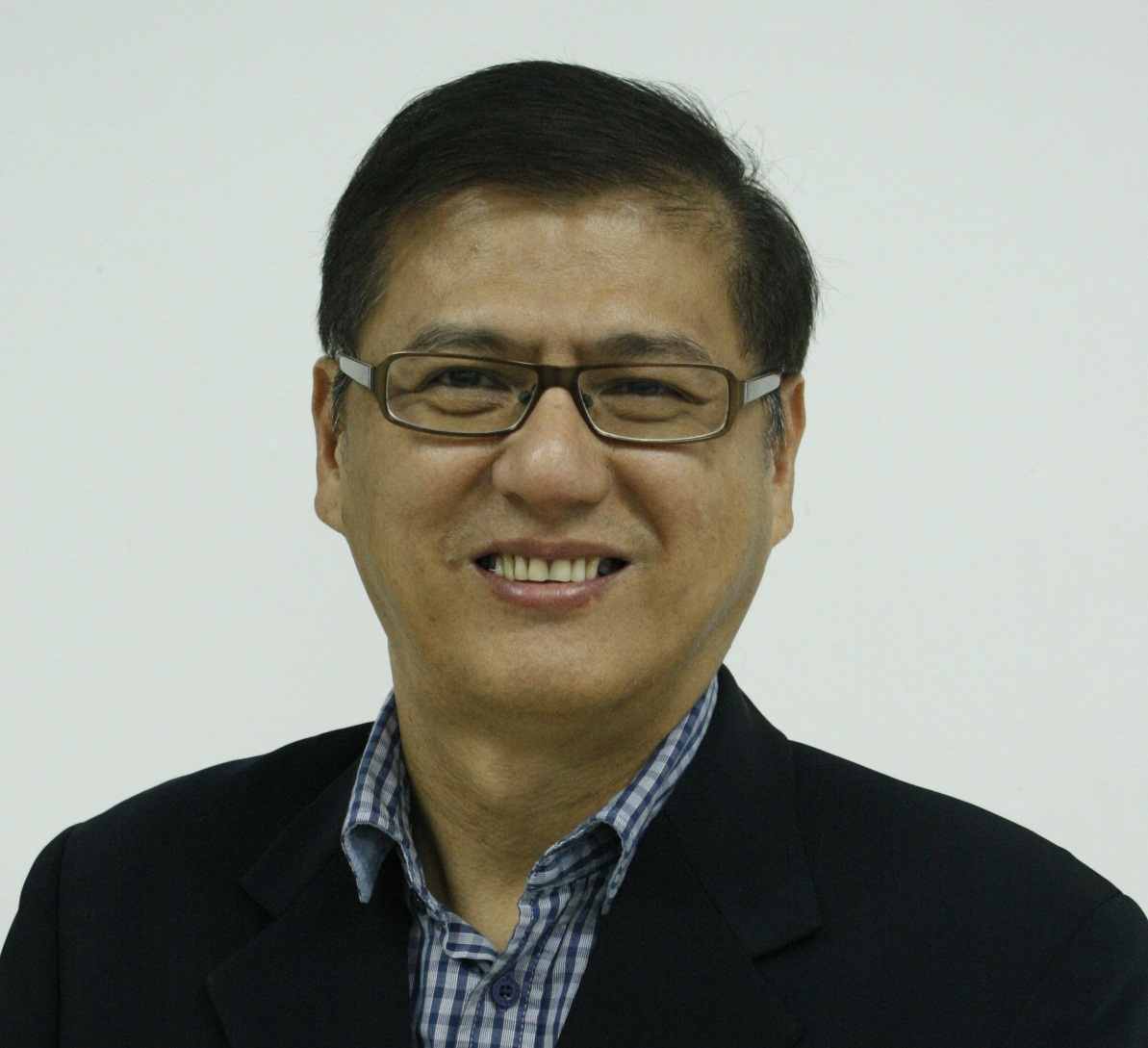KUCHING – A knowledge sharing session on the learning styles of today’s technologically-savvy students and teaching methodology that could engage them more effectively in the classroom, will be held at Swinburne University of Technology Sarawak Campus on 27 February.
At the event entitled “Educating digital natives”, senior lecturer Dr ChyeKok Ho from the university will discuss a student-centred teaching and learning framework for educating “digital natives”, a term that refers to a person born during or after the introduction of digital technologies and interacts with digital technology from an early age.
“Students today communicate, socialise, collect information and learn on the World Wide Web. Digital technologies are their primary mediators of people-to-people connections,” said Ho from the Faculty of Business and Design at Swinburne Sarawak.
He added that because of the technology available, the way students learn is also different from that of their parents’, for example, research is more likely to be a Google search than looking up a book in the library.
“So, in order to connect effectively with digital natives in the classroom, their learning styles must be considered,” said the management educator and researcher, who has been recognised for his outstanding achievement in teaching and contribution to student learning experience in 2011 by Monash University, Australia
The conceptual framework he will present takes into account the learning styles of students as well as the thoughtful fusion of face-to-face and virtual learning environment.
Ho, an elected Fellow of the Cambridge Commonwealth Society, England and was awarded a Doctor of Education degree from the University of Melbourne, Australia, said that although teaching is often traditionally thought of as the lecturer talking and the students listening, “the ‘filling-in of empty vessels’, regardless of the motivation of the lecturer or the absorption capacity of students, has limited value”.
To achieve greater benefit, he said, teaching and learning will need to involve the active participation and engagement of the lecturer and students, and the context in which teaching and learning is situated. In an article he wrote for The Borneo Post published on 10 July 2012, he advocates ‘Group talk as a way of learning’.
“The transformation of teaching and learning from passive mode to active participation is inevitable, especially with the use of Web-based communications technology, the social media, and the first generation of students that are born digital,” Ho said.
Insights into the mental models between digital natives, and digital immigrants will be presented. A digital immigrant is one who was born before the arrival of digital technologies but adopted to it to some degree later in life.
An expert panel of educators including a digital-native student will sit in a panel at a Q&A session.
Those interested to attend the session are requested to contact Sylvia Teo at 082-260 811 to register.


